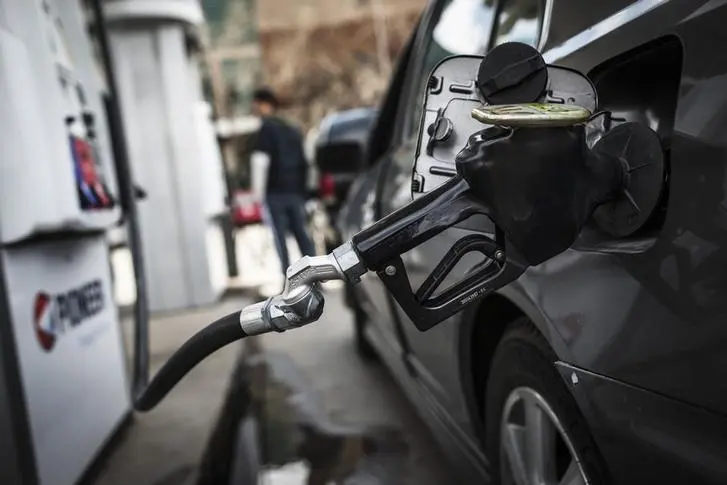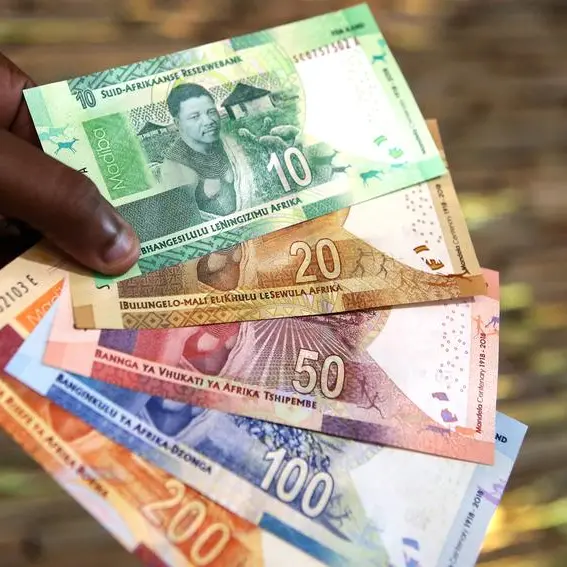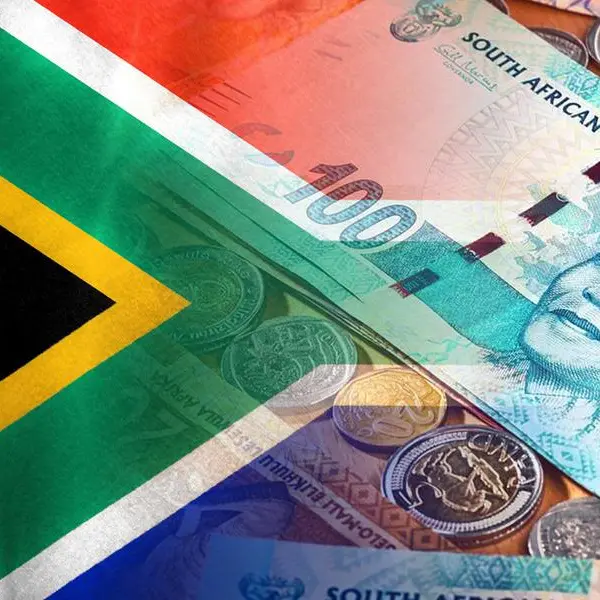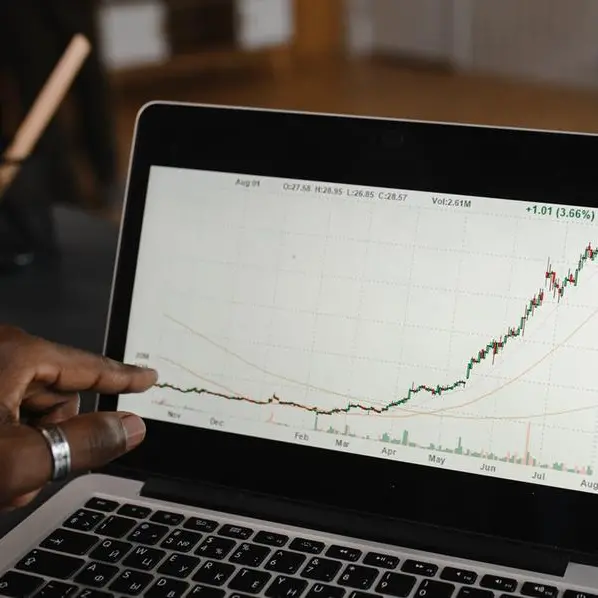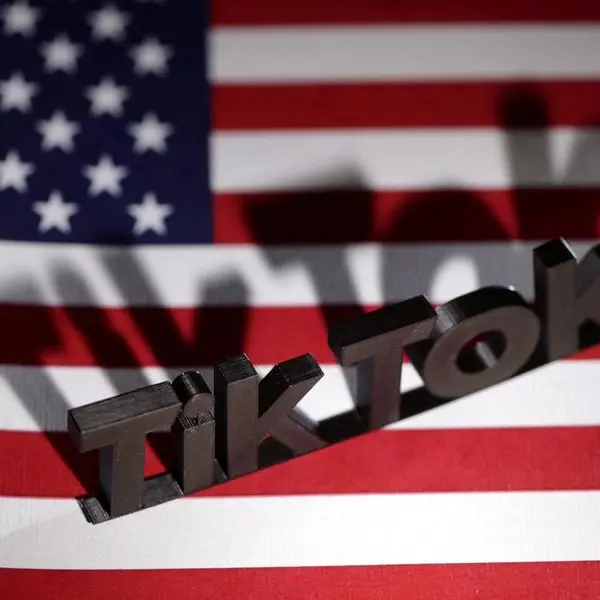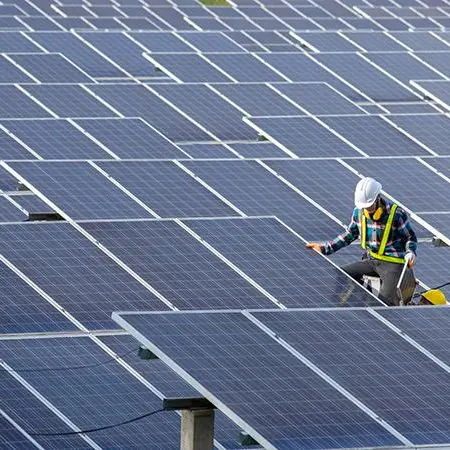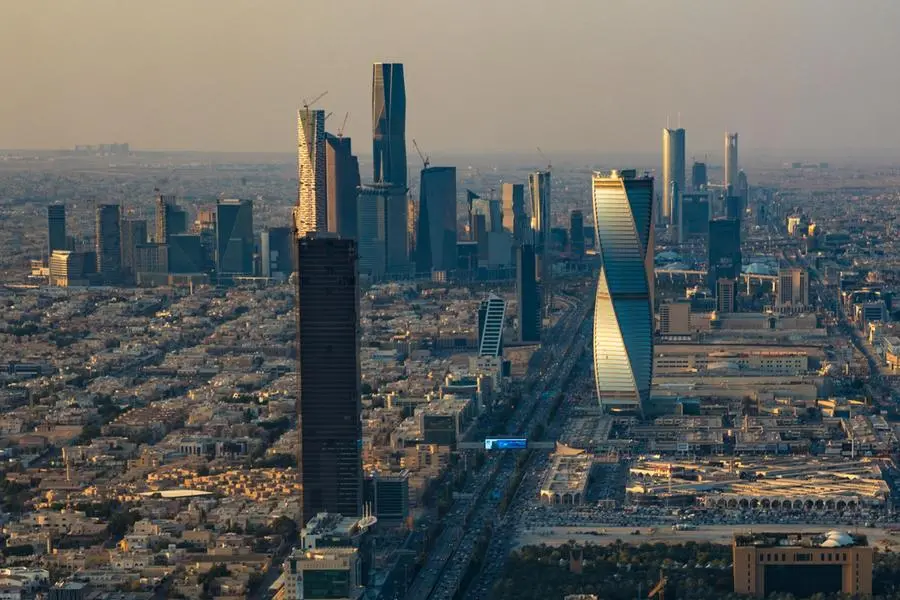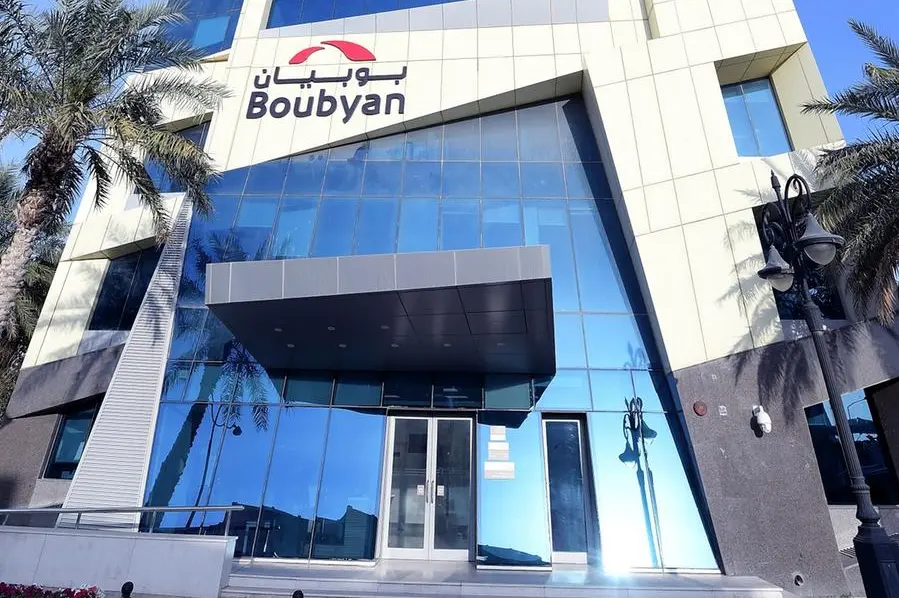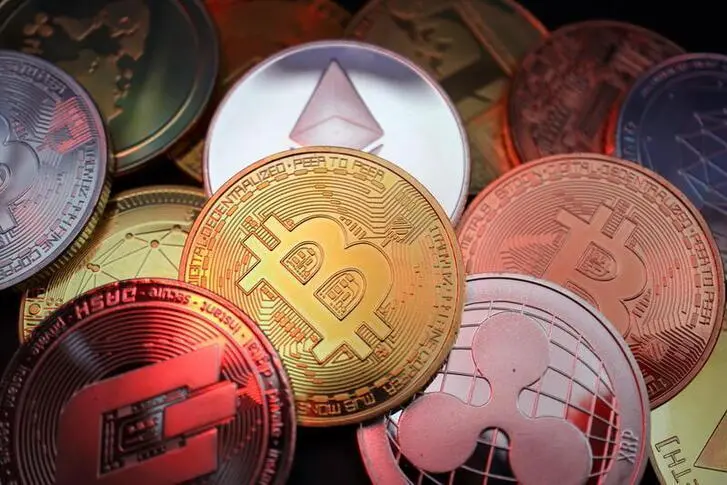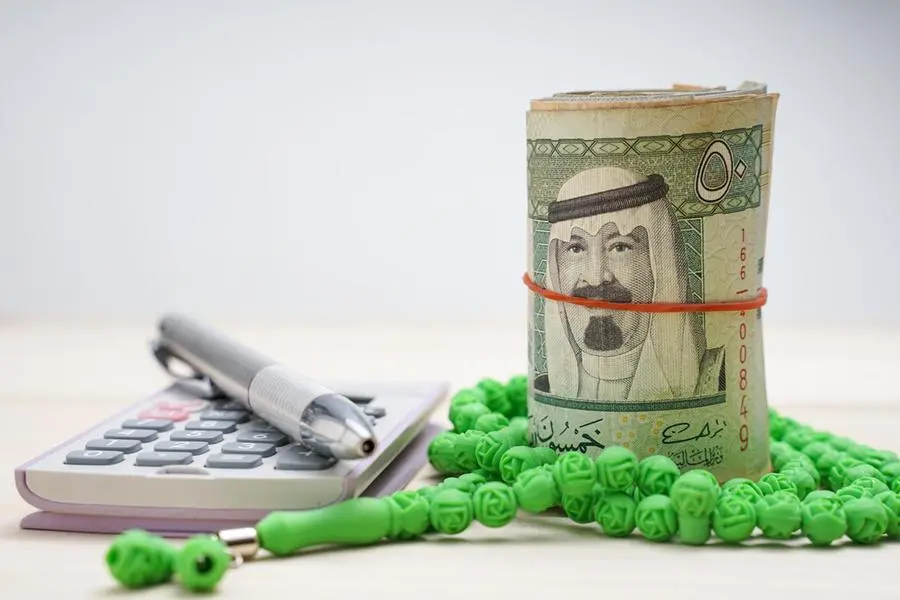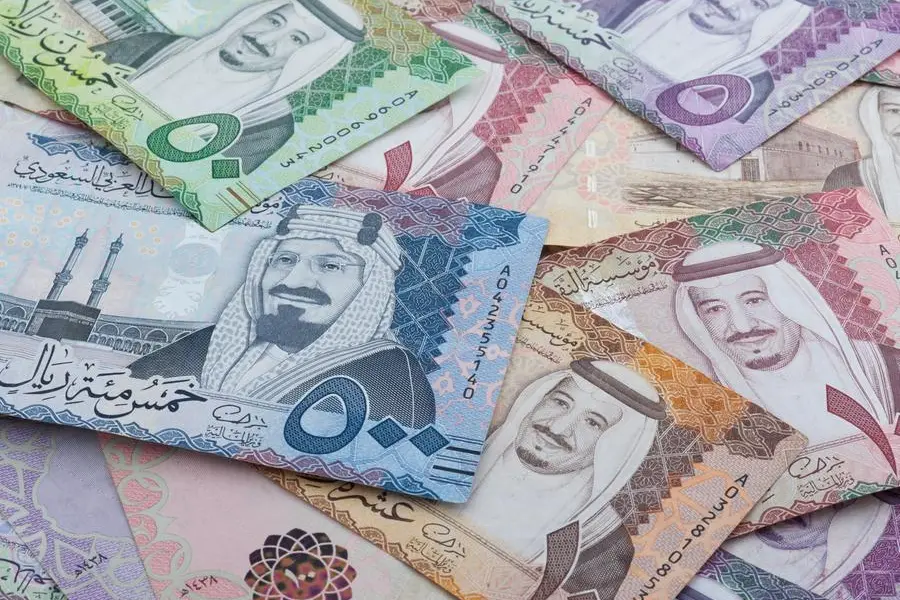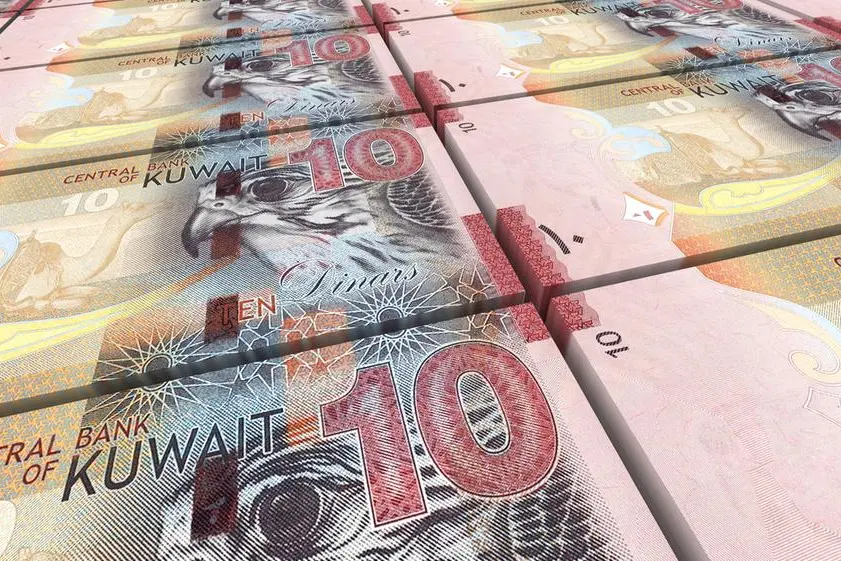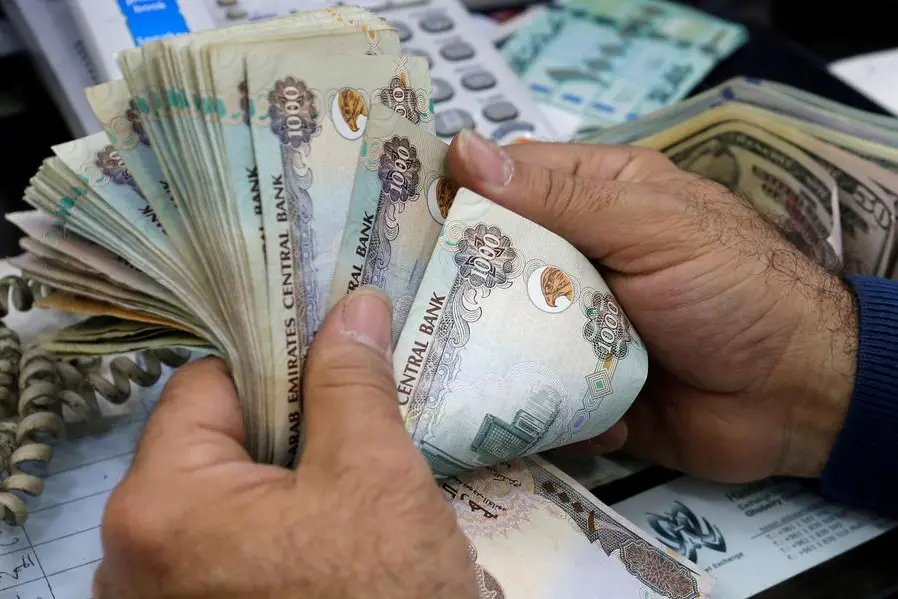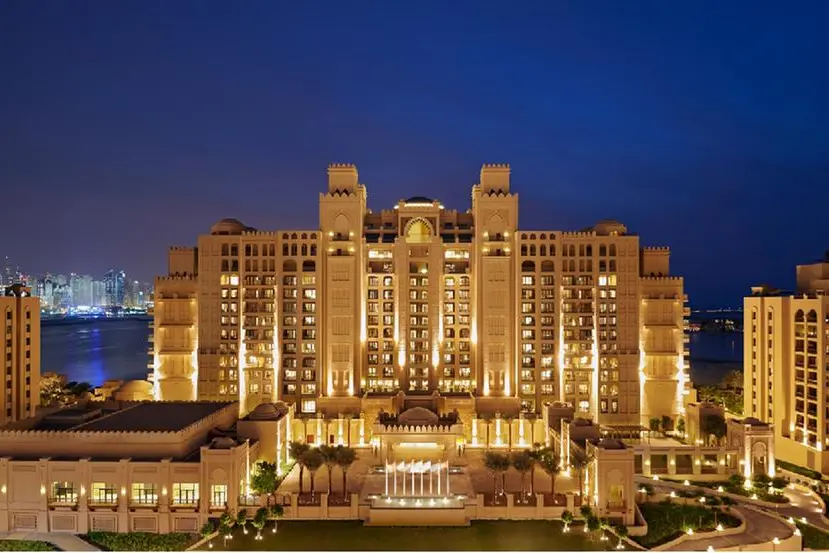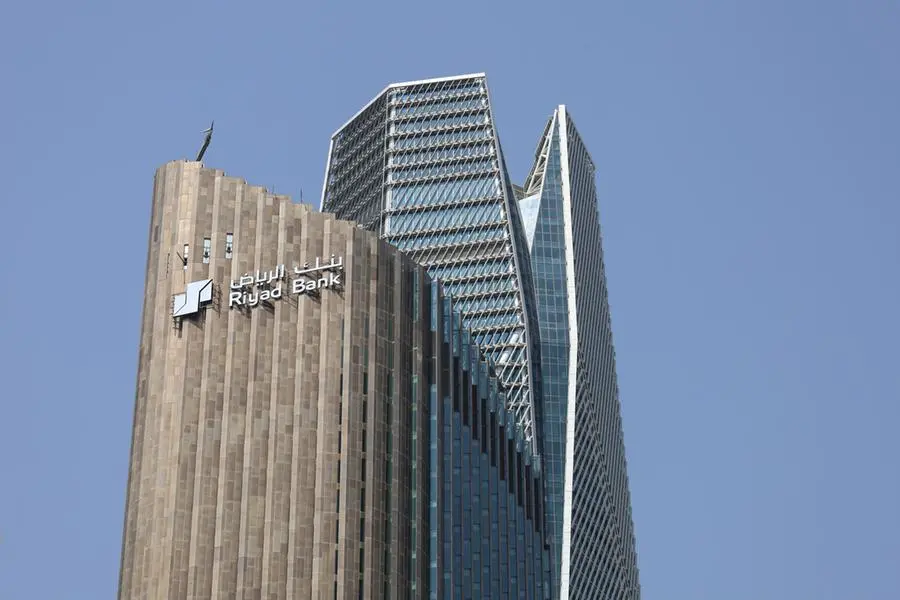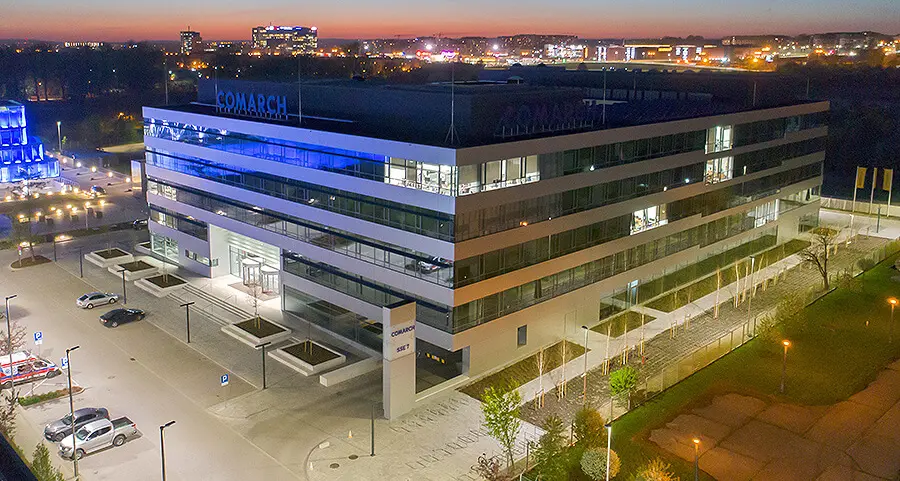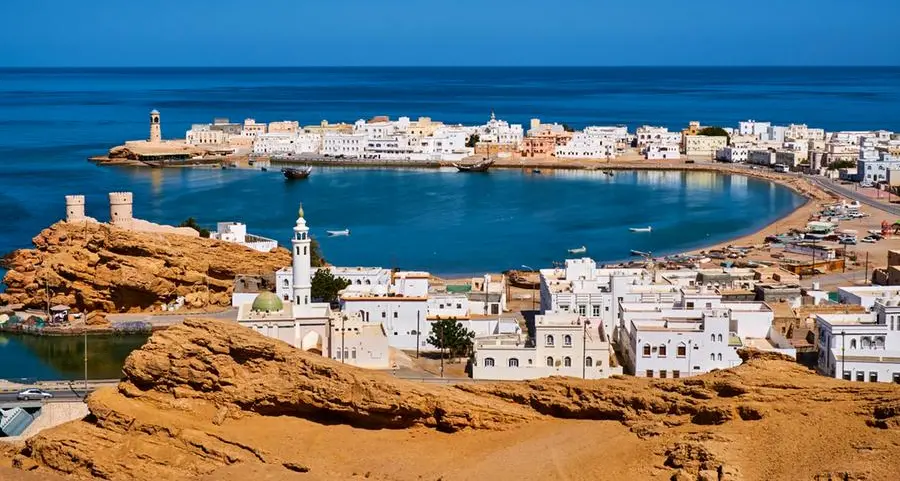PHOTO
(adds information minister)
DUBAI, Jan 12 (Reuters) - A session of the Bahraini parliament broke up amid shouting and protests on Tuesday when several lawmakers, in a rare show of opposition to government policy, vented their anger against a rise in fuel prices.
The government, in a move announced on Monday, has set the new price for super fuel at 160 Bahraini fils ($0.424) per litre from 100 fils while the price for regular fuel has been raised to 125 fils per litre from 90 fils. The new prices took effect on Tuesday.
"The decision will make the poor poorer. We demand an improvement to people's standard of living, and what the government did yesterday will not achieve that," MP Jamal Dawood said before the speaker adjourned the session.
"The decision ignored that there's a parliament. We should resign," said Mohammed Alamadi, another lawmaker.
Bahrain, along with its wealthier Gulf Arab neighbours, is looking to increase revenue amid falling global oil prices. Like other Gulf oil exporters, it has for years subsidised food, fuel, electricity and water, keeping prices very low in an effort to maintain social order.
The parliament is composed of mostly pro-government legislators since the Shi'ite-led opposition boycotted a 2014 parliamentary election, making the show of dissent in the Gulf island monarchy all the more unusual.
It was unclear if opponents to the move were a majority in the body, which has limited direct powers in a country where ultimate decision-making lies with the ruling Al Khalifa family.
Information Minister Isa Abdulrahman said the government wished to allay lawmakers' concerns.
"The government is ready to cooperate by listening to all points of view and will comply with any constitutional decree issued by the legislature in how to deal with the financial situation," state media agency BNA quoted him as saying.
Since its oil income began to fall last year, Bahrain's budget deficit has widened and the subsidies have become much harder for the government to afford. Fuel price subsidies have already been eased in Saudi Arabia, Oman and the United Arab Emirates.
The kingdom is already grappling with political tensions since 2011 "Arab Spring" protests, as the Shi'ite Muslim majority demands more rights from the Sunni-led government.
(Reporting By Gulf Bureau, editing by Richard Balmforth) ((noah.browning@thomsonreuters.com;))
DUBAI, Jan 12 (Reuters) - A session of the Bahraini parliament broke up amid shouting and protests on Tuesday when several lawmakers, in a rare show of opposition to government policy, vented their anger against a rise in fuel prices.
The government, in a move announced on Monday, has set the new price for super fuel at 160 Bahraini fils ($0.424) per litre from 100 fils while the price for regular fuel has been raised to 125 fils per litre from 90 fils. The new prices took effect on Tuesday.
"The decision will make the poor poorer. We demand an improvement to people's standard of living, and what the government did yesterday will not achieve that," MP Jamal Dawood said before the speaker adjourned the session.
"The decision ignored that there's a parliament. We should resign," said Mohammed Alamadi, another lawmaker.
Bahrain, along with its wealthier Gulf Arab neighbours, is looking to increase revenue amid falling global oil prices. Like other Gulf oil exporters, it has for years subsidised food, fuel, electricity and water, keeping prices very low in an effort to maintain social order.
The parliament is composed of mostly pro-government legislators since the Shi'ite-led opposition boycotted a 2014 parliamentary election, making the show of dissent in the Gulf island monarchy all the more unusual.
It was unclear if opponents to the move were a majority in the body, which has limited direct powers in a country where ultimate decision-making lies with the ruling Al Khalifa family.
Information Minister Isa Abdulrahman said the government wished to allay lawmakers' concerns.
"The government is ready to cooperate by listening to all points of view and will comply with any constitutional decree issued by the legislature in how to deal with the financial situation," state media agency BNA quoted him as saying.
Since its oil income began to fall last year, Bahrain's budget deficit has widened and the subsidies have become much harder for the government to afford. Fuel price subsidies have already been eased in Saudi Arabia, Oman and the United Arab Emirates.
The kingdom is already grappling with political tensions since 2011 "Arab Spring" protests, as the Shi'ite Muslim majority demands more rights from the Sunni-led government.
(Reporting By Gulf Bureau, editing by Richard Balmforth) ((noah.browning@thomsonreuters.com;))
